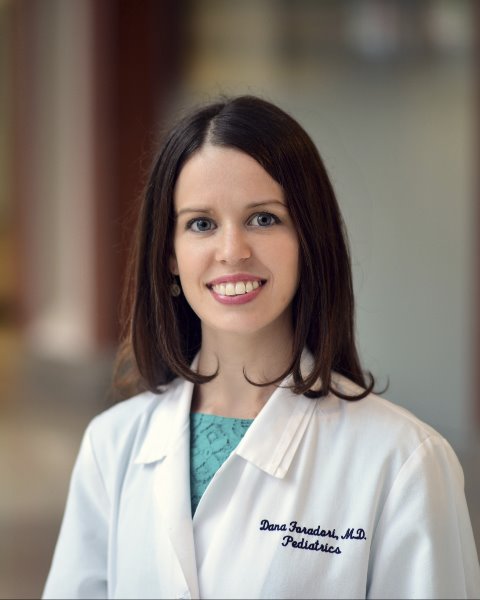Diversity, Equity and Inclusion
Medical Education
3070 - Applying a Social Justice Lens to Well-being Curricula across the Continuum
-
HK
Heidi Kloster, MD (she/her/hers)
Associate Professor
University of Wisconsin School of Medicine and Public Health
McFarland, Wisconsin, United States -
TS
Tyler Smith, MD, MPH, FAAP (she/her/hers)
General Academic Pediatrician/Academic General Pediatrics Fellowship Director/Associate Dean of Diversity, Equity, and Inclusion
Pediatrics
Children's Mercy Kansas City and University of Missouri-Kansas City School of Medicine
Kansas City, Missouri, United States -
.jpg)
Alissa Darden, MD
Assistant Professor of Child Health
University of Arizona College of Medicine - Phoenix/Phoenix Children's Hospital
Chandler, Arizona, United States -

Dana Foradori, MD, M.Ed
Assistant Professor of Pediatrics
Cleveland Clinic Lerner College of Medicine
Cleveland, Ohio, United States
Leader(s)
Co-Leader(s)
Burnout has become epidemic among physicians of all specialties. Many institutions have implemented wellness efforts to mitigate burnout and promote well-being at all levels of pediatric training. However, these efforts are often singular or limited in scope. Limited evidence is available to inform an effective approach to developing well-being curricula for physicians at various stages of training and practice. Additionally, social justice, is often not factored into curriculum design for a well-being program. This lack of consideration impacts the efficacy of the educational activity, creates a culture of exclusion, and represents a missed opportunity to expand the learner’s perspective.
During this workshop, participants will create a high-quality wellness curriculum for their target group of learners. We will discuss the impacts of racism, microaggressions, and implicit bias on physician well-being. Participants will be taught how to view wellness work through a social justice lens ensuring their curriculum is inclusive with maximum effectiveness. To achieve this goal, we will utilize Kern’s Six-Step Approach to Curriculum Development for Medical Education as a framework to consider the essential steps in sound curriculum design. To further guide participants, we will share our experiences, including successes and lessons learned, as we developed wellness curricula for learners ranging from medical students to faculty.
Throughout the workshop, participants will draft a well-being proposal. Through polling and small group discussions, participants will share ideas and refine their proposed curriculum. Each participant will leave with a draft of a well-being curriculum that could be feasibly implemented at their home institution.
